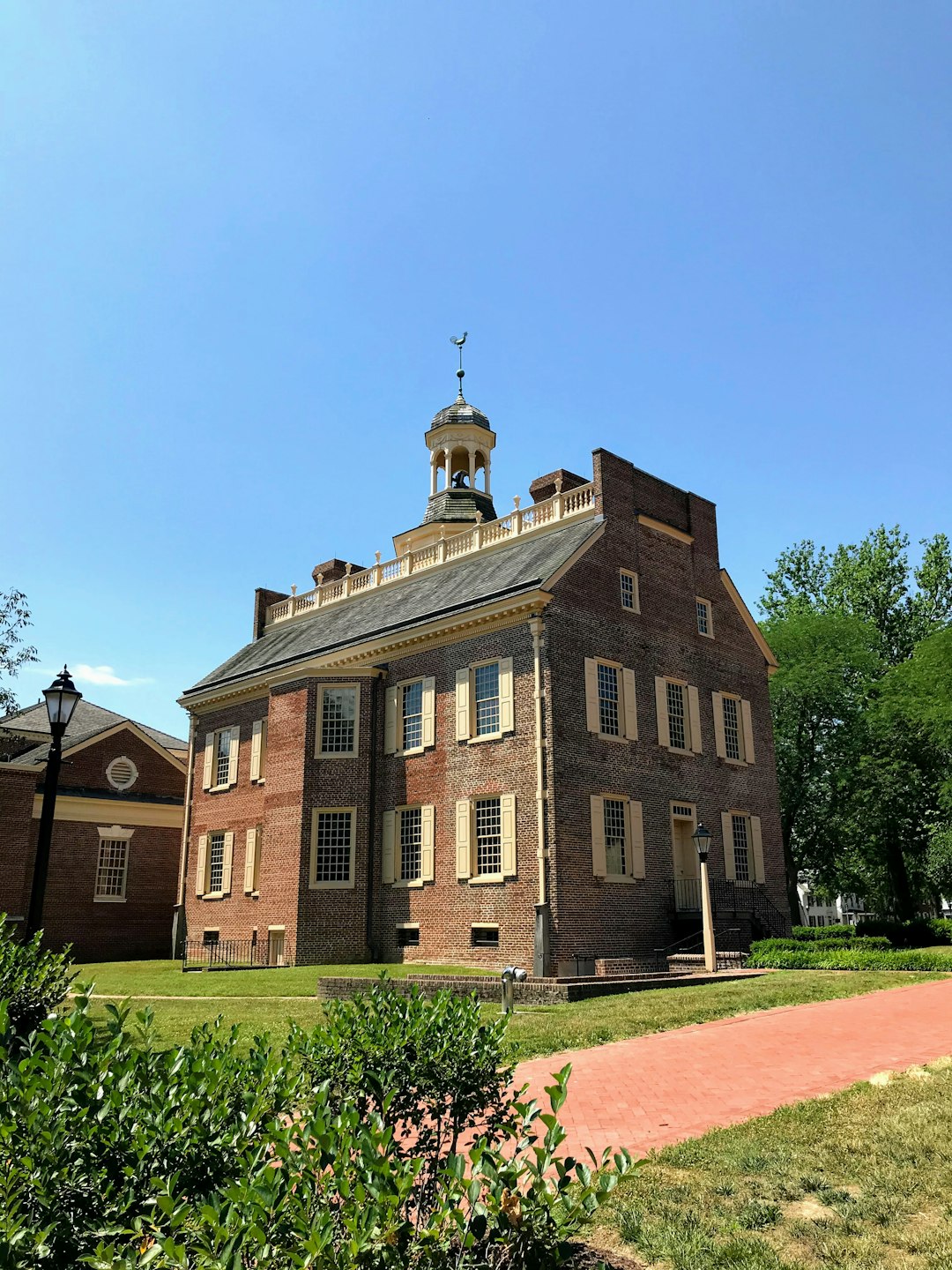Unwanted phone calls from telemarketers and robocallers are a growing problem in Delaware, disrupting daily life and causing financial loss. Unwanted call lawyers navigate legal frameworks to protect citizens, offering solutions like blocking calls, suing telemarketers, or negotiating settlements. These professionals help both consumers and businesses understand and adhere to regulations, such as the Telephone Consumer Protection Act (TCPA), to reduce intrusive marketing practices and safeguard privacy rights in Delaware's digital era.
In Delaware, understanding and implementing long-term strategies to reduce unwanted calls is crucial for both businesses and residents. This comprehensive guide explores the multifaceted issue, focusing on legal perspectives, consumer rights, and innovative technological solutions. We delve into the scope of unwanted calls, including their definition and common types, while navigating the state’s regulatory landscape. Additionally, we present effective business practices, highlight cutting-edge call management technologies, and empower Delaware residents with knowledge to combat unwanted phone calls. Discover expert insights tailored to the First State, featuring key strategies from leading unwanted call lawyers Delaware.
The Scope of Unwanted Calls: Legal Perspective

In the modern era, unwanted calls have become a significant concern for many Delaware residents and businesses. These persistent phone calls, often from telemarketers or robocallers, can be intrusive and disruptive. The scope of this issue is vast, impacting individuals’ daily lives and productivity, as well as causing financial losses and privacy invasions for companies. To combat this problem, understanding the legal perspective on unwanted calls is crucial.
Delaware has implemented laws and regulations to protect its citizens from excessive and nuisance calls, with an emphasis on consumer rights and consent. Unwanted call lawyers in Delaware play a vital role in navigating these legal frameworks, assisting individuals and businesses in defending their rights and seeking recourse for unauthorized or harassing phone calls. These attorneys help clients understand their options, which may include blocking calls, suing telemarketers, or negotiating settlements to compensate for the distress caused by unwanted communications.
– Defining unwanted calls

Unwanted calls, also known as telemarketing or sales calls, can be a significant nuisance and invasion of privacy for many Delaware residents. These calls often include pre-recorded messages, robocalls, and persistent attempts to sell products or services. In the digital age, with advancements in technology, these calls have become more frequent and harder to avoid. Many individuals turn to unwanted call lawyers Delaware for assistance when they feel their rights are being violated.
Defining unwanted calls is essential as it forms the basis of legal protections and consumer rights. Such calls can be categorized based on various factors, including the content of the message, frequency, and consent. Understanding what constitutes an unwanted call is crucial for both consumers and businesses to ensure compliance with consumer protection laws and to maintain a harmonious relationship between marketers and prospective customers.
– Common types of telemarketing and sales calls

In today’s digital era, unwanted calls from telemarketers and sales representatives have become a pervasive issue, prompting many Delaware residents to seek assistance from unwanted call lawyers. These relentless calls, often resembling a symphony of incessant ringing, encompass various forms. Among the most common are cold calls, where unfamiliar numbers reach out with pre-recorded messages or live salespeople offering products or services without prior invitation. Such tactics can be particularly irritating and invasive for recipients.
Another prevalent category is the sales call disguised as a customer service inquiry. These calls often target specific demographics, attempting to sell insurance, investment schemes, or subscription services. Unwanted call lawyers in Delaware help residents navigate this labyrinthine landscape, providing legal recourse when these calls transcend into harassment.
– Legal landscape surrounding unwanted phone calls in Delaware

In Delaware, the legal landscape surrounding unwanted phone calls is governed by the Telephone Consumer Protection Act (TCPA), a federal law designed to curb abusive telemarketing practices. Unwanted call lawyers in Delaware play a crucial role in navigating this regulatory environment, ensuring businesses comply with the TCPA’s strict guidelines on automated calls and text messages. These attorneys help clients implement effective do-not-call lists, offer training on compliant calling procedures, and represent them in case of disputes or lawsuits related to unwanted phone calls.
Delaware’s legal framework provides individuals with substantial rights against intrusive telemarketing activities. Unwanted call lawyers assist clients in exercising these rights, offering strategic advice on how to file complaints and seek damages if necessary. By understanding the intricate details of the TCPA and Delaware’s specific regulations, these legal experts empower businesses to reduce unwanted calls, thereby fostering a more respectful and compliant marketing environment for all stakeholders.






